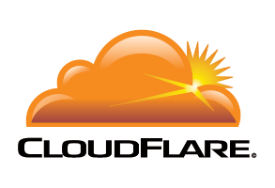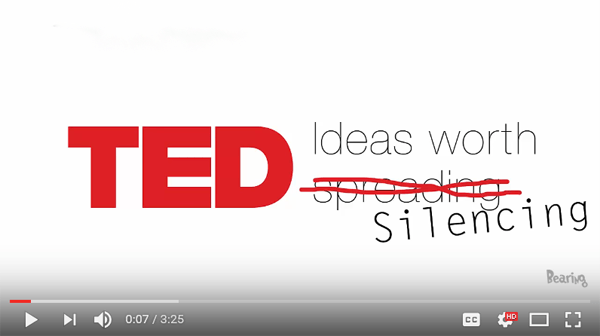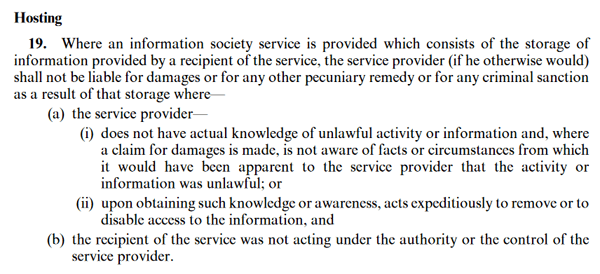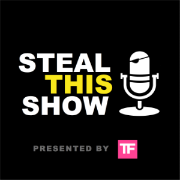Cloudflare Slams MPAA and RIAA’s “Distorted” Piracy Claims
vendredi 4 novembre 2016 à 15:58 Last month several copyright holder groups sent their annual “Notorious Markets” submissions to the U.S. Trade Representative (USTR).
Last month several copyright holder groups sent their annual “Notorious Markets” submissions to the U.S. Trade Representative (USTR).
The U.S. Government uses this input to create an overview of threats to various copyright industries. The recommendations usually include well-known piracy sites such as The Pirate Bay, but this year Cloudflare was also added to the mix.
For example, both the MPAA and RIAA mentioned the CDN provider as a key player, claiming that it frustrates enforcement by helping pirate sites to “hide”.
Cloudflare was not pleased with this description, to say the least, and has now sent a rebuttal to the USTR. The company highlights that it’s a legitimate business and scolds the MPAA and RIAA for their misleading descriptions.
“The submissions by the RIAA and MPAA present distorted descriptions of services that companies like Cloudflare provide. These descriptions fail to provide the USTR with an accurate description of the true intent, purpose, and value of Cloudflare’s services,” Cloudflare’s General Counsel Doug Kramer writes.
The company is disappointed in the industry groups, which fail to mention the efforts they have taken so far to address abuse.
“Potentially even more troubling than the RIAA and MPAA’s descriptions of Cloudflare’s services is their complete omission of Cloudflare’s efforts to address the small minority of users about which they complain.”
In fact, it’s not hard at all for the MPAA and RIAA to find out where notorious pirate sites are hosted.
Both RIAA and MPAA are part of the “Trusted Reporter” program Cloudflare has created. This allows rightsholders to obtain the actual IP-addresses of Cloudflare-hosted websites that engage in widespread copyright infringement.
Kramer says that the industry groups are frequent users of the system. In addition, Cloudflare is currently discussing with the MPAA and RIAA how the program can be improved to make it more efficient in the future.
The bottom line, according to Cloudflare, is that the company is following the law. They swiftly process thousands of complaints every week and don’t make it any harder for rightsholders to enforce their rights.
“Cloudflare does not make the process of enforcing intellectual property rights online any harder — or any easier. We follow all applicable laws and regulations,” Kramer explains.
The CDN provider believes that the submissions of the MPAA and RIAA are tainted. Together they list 48 websites which are supposedly obfuscated by Cloudflare, even though Cloudflare already identified the real IP-addresses of 27 of those sites following complaints.
For the remaining 21 “notorious” pirate sites, they apparently didn’t even bother to use the Trusted Notifier program to get more info.
“What they fail to mention is that the RIAA and MPAA requested the allegedly ‘obfuscated’ information from Cloudflare for 27 of those sites and received the relevant host information in a matter of hours,” Kramer writes.
“Even though they were well aware of the system, they never even requested information on the remaining 21 sites mentioned in their letters. Yet they included those sites in their submission to the USTR without attempting to use available resources to get the information.”
Cloudflare hopes the USTR understands that all accusations of its alleged involvement in illegal activities are unwarranted, and that the company has no place in the USTR’s Notorious Markets inquiry.
—
Cloudflare’s full rebuttal is available here (pdf).
Source: TF, for the latest info on copyright, file-sharing, torrent sites and ANONYMOUS VPN services.



 Earlier this year, RIAA chief Cary Sherman
Earlier this year, RIAA chief Cary Sherman 
 In this episode we meet
In this episode we meet  Pirate movie streaming sites and services continue to gain popularity, with 123movies at the
Pirate movie streaming sites and services continue to gain popularity, with 123movies at the